In the past two weeks, I had the opportunity to return to Singapore for my fifth trip.
This time, the purpose was to attend a company event where colleagues from across the APAC region gathered at our hub office to celebrate our connections, growth, and achievements as we were wrapping up the year.
As with every journey I take, this trip proved to be an enriching experience filled with valuable lessons.
In this article, I’m sharing the seven of them that I brought home with me.
1. You Must Have a Sense of Humor to Retain Attention.
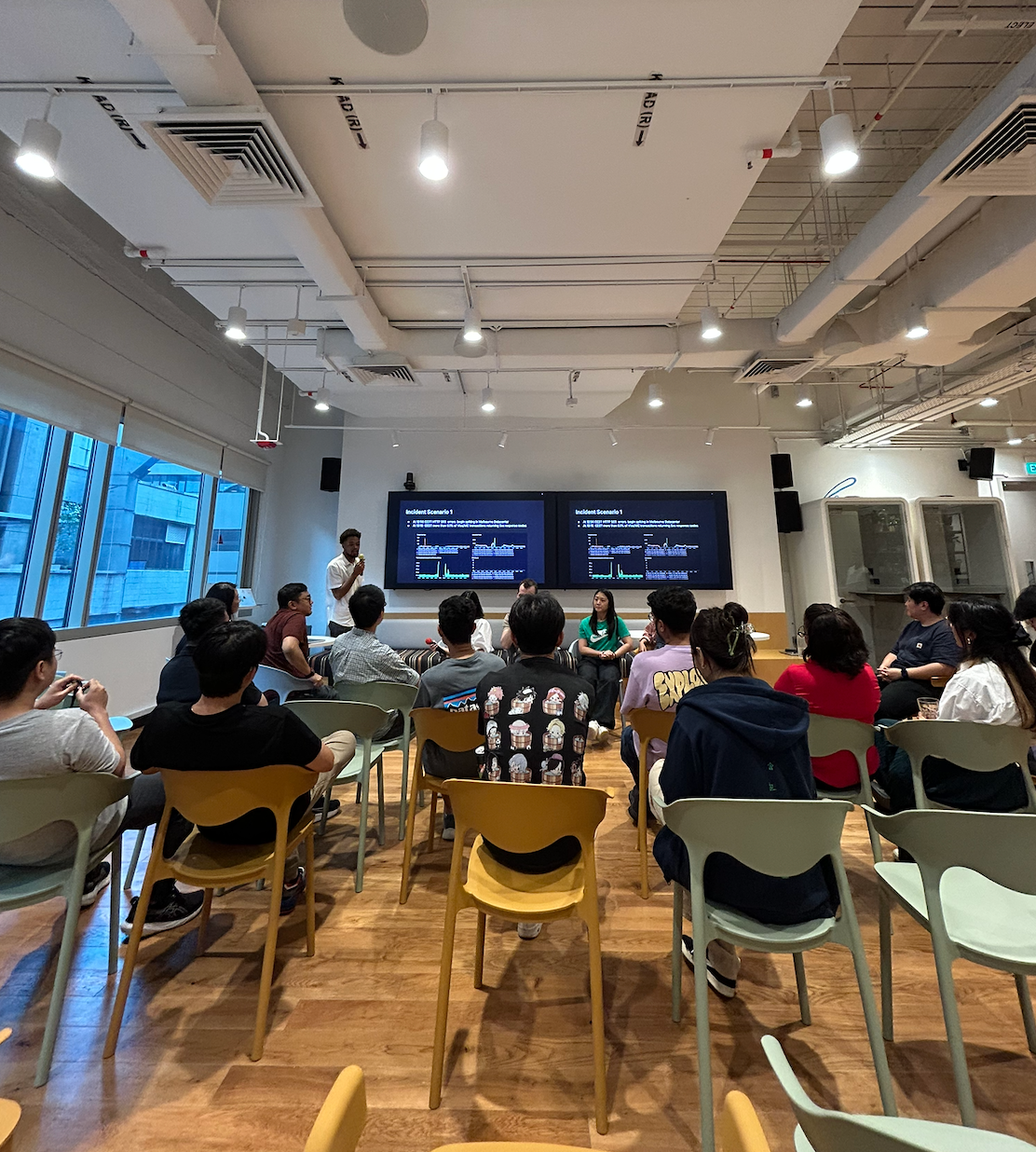
I didn’t arrive at this lesson from a speaker’s perspective, but rather from that of an audience member. When listening to presentations, I often find it difficult to stay focused until the speaker delivers their final message.
Part of this is due to being told that I have ADHD, but a larger factor is simply that the talk itself is boring — it lacks humor, playfulness, or a sense of lightness.
Of course, not all talks can be about fun or lighthearted topics, and there are times when serious issues need to be addressed. However, this doesn’t mean you must deliver serious content in a serious tone. What matters is the narrative — the way you present the material.
The delivery can make all the difference.
If a speaker’s delivery is flat or uninspired, their message is likely to fall flat as well.
It’s not just about what you say, but how you say it that counts.
A well-timed joke, a playful analogy, or a humorous twist can engage the audience, keep their attention, and make the message far more memorable.
2. “Yes, And” Instead of “Yes, But”
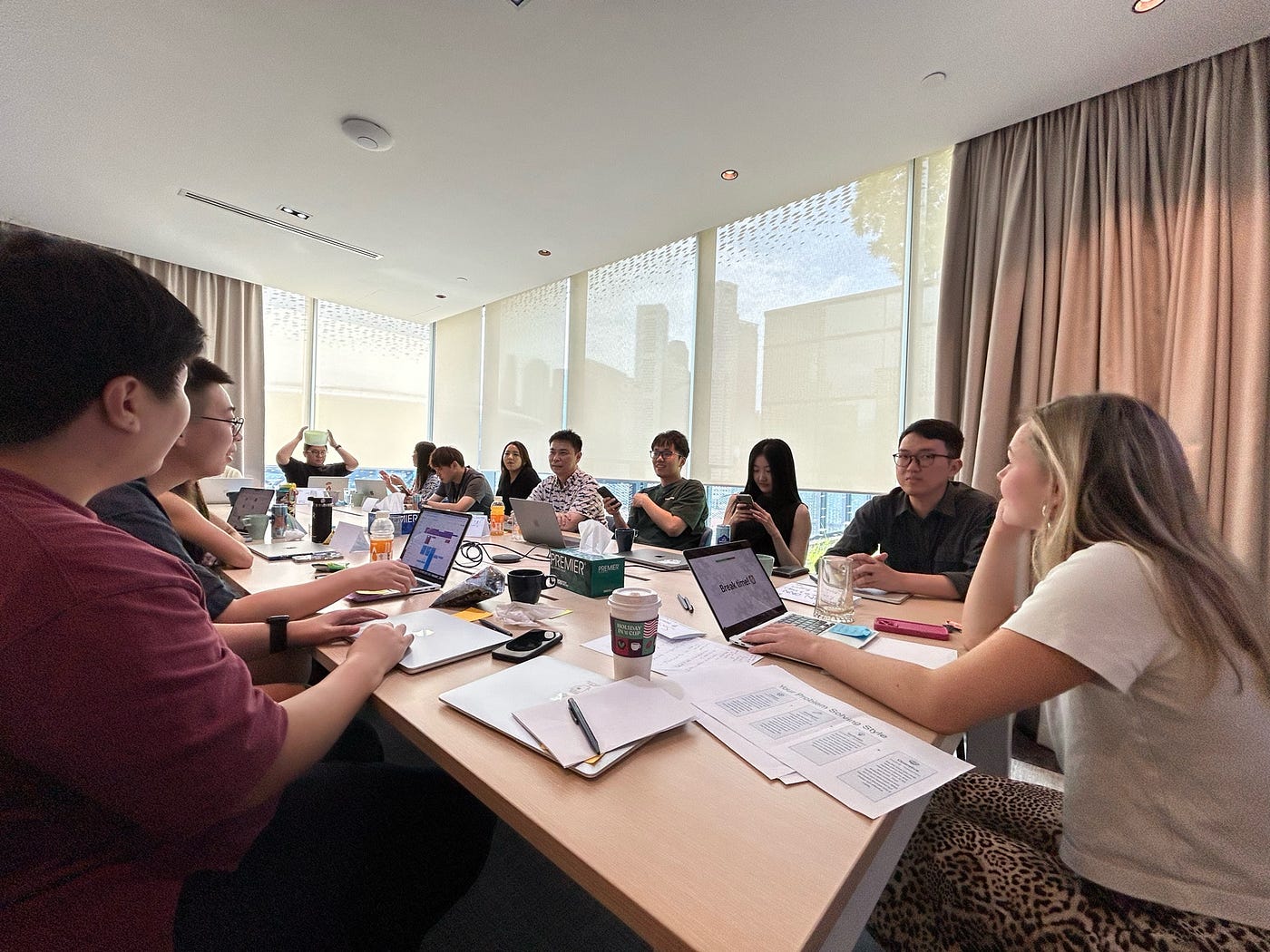
In a workshop, my teammates and I participated in an exercise where we were paired with a partner, and each person had to respond using either “Yes, and” or “Yes, but” in a conversation.
The goal of the exercise was to explore the differences between these two phrases and understand how they impact communication.
For example, I might say, “June is a great month to travel in Europe because the weather is perfect.” My partner would then respond using “Yes, but,” such as, “But June is also the start of the tourist season, so it can be crowded.” I would then reply using “Yes, and,” like, “And while it may be busier, the longer daylight hours mean you can enjoy more of the sights.”
What I learned through this exercise is how powerful the word “but” can be in shaping conversations.
- When someone responds with “but,” it often creates an immediate psychological block, making it harder to continue the exchange smoothly. It can feel like a shift to an opposing viewpoint, which stifles collaboration and creativity.
- In contrast, using “and” keeps the dialogue open, encouraging a flow of ideas and building on what the other person has shared.
“Yes, but” allows us to stay in our comfort zone, avoiding conflict, while “Yes, and” invites trust and fosters a more co-creative process.
By embracing “Yes, and,” we open ourselves to new possibilities, allowing the conversation to evolve in ways that wouldn’t be possible if we stayed stuck in opposition. It encourages us to be changed by the other person and to expand our own perspective through the exchange.
After this exercise, I became more aware of how much I default to “Yes, but” in my conversations.
Moving forward, I want to be more intentional about using “Yes, and” to foster constructive dialogue, build on others’ ideas, and create more collaborative and open exchanges.
3. You Can Calm Your Nerves by Being a Giver in Conversations.
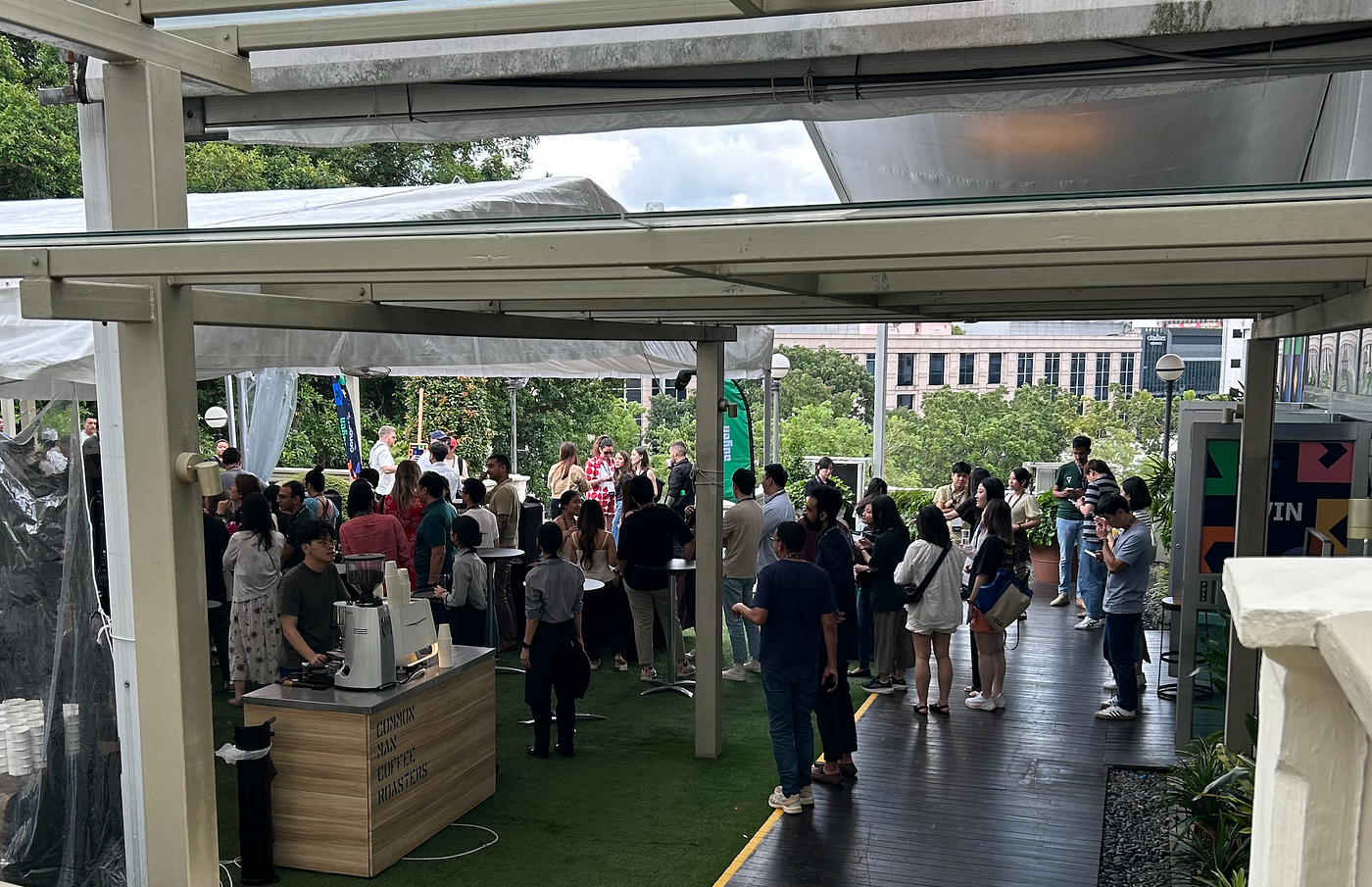
I recently watched a TED Talk by Adam Grant, the author of Give and Take: Why Helping Others Drives Our Success.
One of the key insights I gained from the talk was about how we approach interactions as givers or takers.
Takers are self-interested in their interactions — they’re always asking, “What can you do for me?” On the other hand, givers approach conversations with the mindset, “What can I do for you?”
- When you adopt a “taker” mentality, you’re constantly focused on securing your own share, which can lead to feelings of paranoia and anxiety.
- In contrast, when you approach a conversation as a giver, you feel a sense of calm because you’re not worried about what you stand to gain or protect from others. There’s no need to defend your position or hoard resources.
I’ve noticed this difference in my own experience.
- For instance, when speaking with higher-ups, I tend to feel more anxious and self-conscious, perhaps because I’m focused on what I can “take” from the conversation — whether it’s approval, recognition, or validation.
- However, I feel much more at ease when talking with colleagues or juniors, because the dynamic feels more equal and less self-serving.
This is likely because it’s harder for me to think of what I can “give” to someone who is more experienced or higher in the workplace hierarchy.
Despite this, the real lesson I’ve learned — echoed by Adam Grant in his talk — is that
givers often have the greatest potential to be the most successful.
By focusing on others and offering help, givers can build stronger, more supportive relationships, which in turn leads to greater long-term success than the takers who are solely focused on their own interests.
This shift in perspective has made me rethink how I approach my work and interactions.
It’s not just about what I can get out of conversations or situations — it’s about how I can contribute and support others, which ultimately benefits both myself and those around me.
4. It’s Easy to Tell If You Actually Like What You Do.
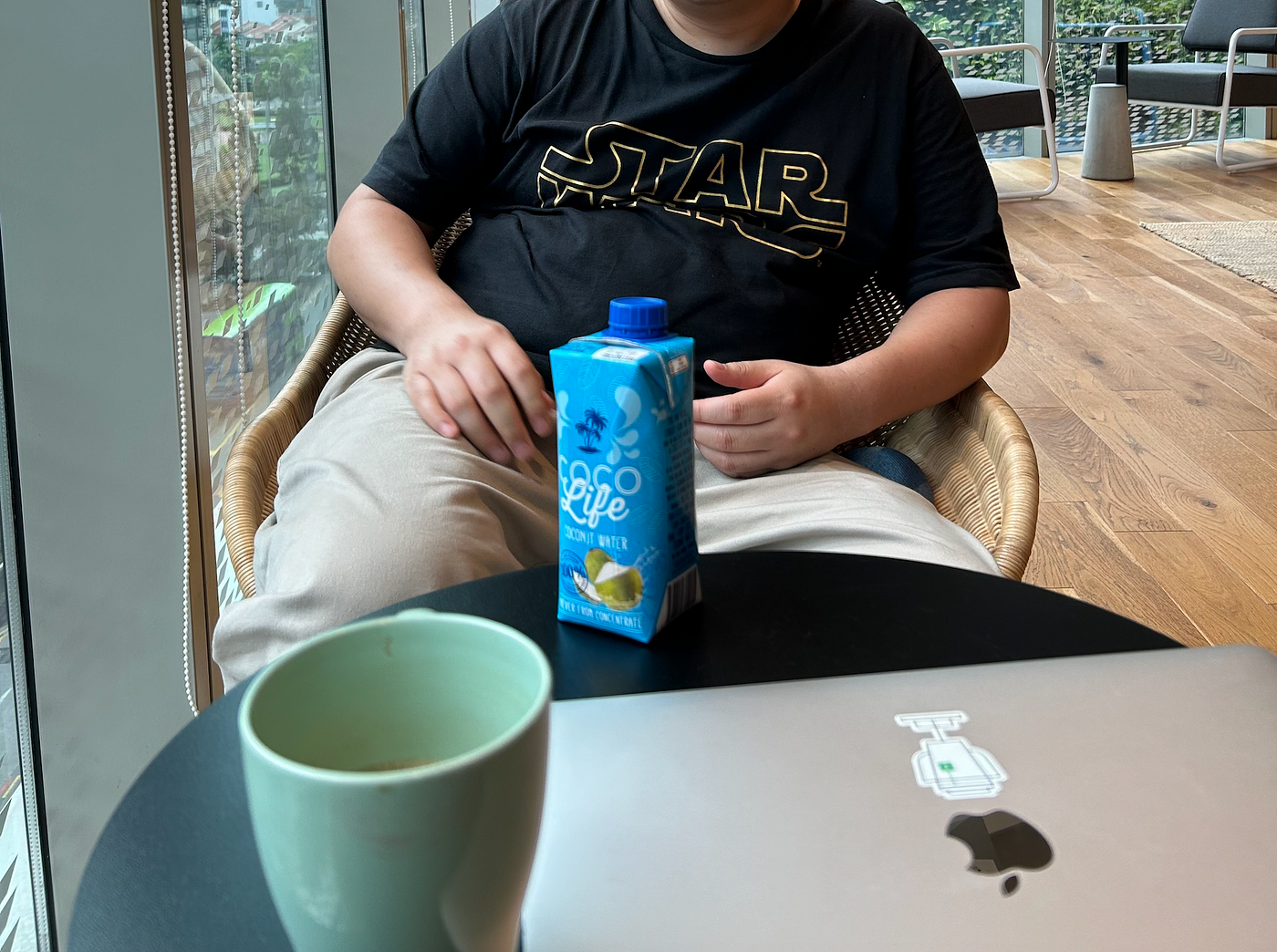
Through various workshops and conversations, I’ve come to realize something important:
it’s easy to tell if someone truly enjoys what they do.
You can see it in their faces, hear it in their tone of voice, and feel it in the energy they bring.
For example, last Monday, I attended a workshop where we learned to build our own payment integrations.
Using tools like Gitpod, Postman, our company’s web/components, Java API Library, and our company’s portal, we created a payment flow that allowed a shopper to initiate and complete a test payment using our checkout product.
While working with the code was engaging, what truly made the workshop memorable was the enthusiasm of the host — a developer from our headquarters.
- From the way he spoke, the support he offered, and the cheerful energy he infused into the session, it was clear he loved what he was doing.
- His passion made the experience feel more than just a technical exercise.
- It turned the act of building integrations into something exciting and stimulating, inspiring me to appreciate the process of development in a whole new way.
Another example is a chat I had with a colleague in our China office.
Although our day-to-day work doesn’t often overlap due to the time zone difference and different market demands, I was thrilled to hear about the impressive work he’s been doing in his role.
- He’s one of those teammates who goes above and beyond to drive success for the business.
- His deep technical expertise, coupled with his ability to anticipate challenges and ask the right questions ahead of time, makes him an invaluable asset to our team.
- His work is especially impactful in the Chinese market, where merchants tend to be more demanding compared to other regions.
I’m continually inspired by the talent within our team, and this conversation reminded me of how fortunate I am to work alongside such dedicated and passionate colleagues.
It’s truly motivating.
5. Routine Shouldn’t Be Tied to Location.

During my stay, I made it a priority to stick to my health routine.
Every morning, I woke up and went for a run before heading to the office. Despite being in a new environment with a different climate and living situation, I maintained my routine.
I realized that small excuses can have a surprisingly damaging effect on the mindset that helps you stay committed.
Thoughts like “I don’t have [XXX], so I can’t run today” or “Because of [XXX], I should skip today” are subtle but toxic ways to justify giving up.
They’re a mental escape from the discipline I’ve worked hard to build.
When I felt these thoughts creeping in, I pushed myself to go for my run anyway.
And every single time, once I started moving, those excuses faded away. By the end of my run, I felt proud and accomplished, knowing I had stuck to my routine rather than giving in to the temptation to quit.
6. Have Loyalty to Yourself.
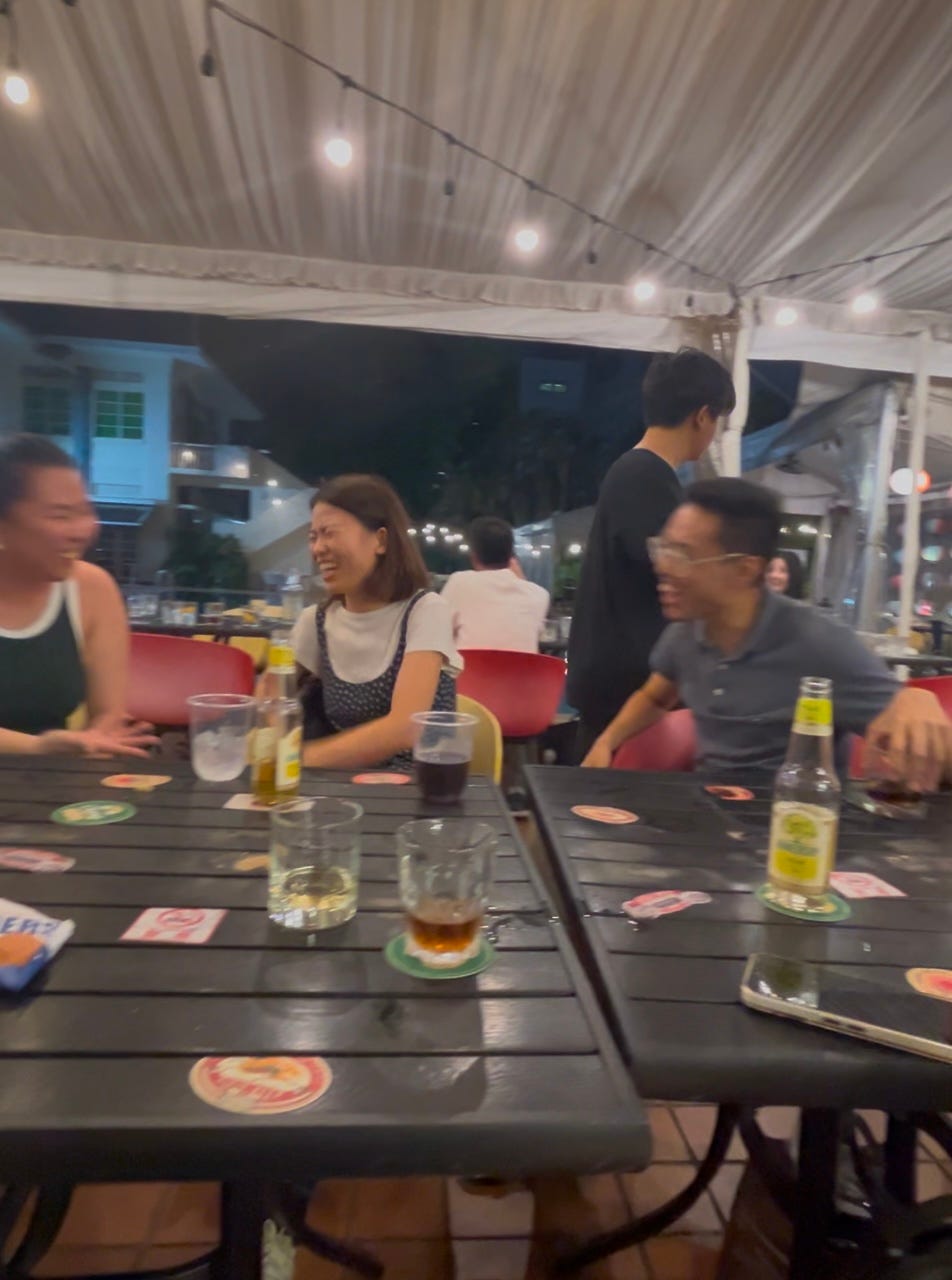
I had the opportunity to sit down with my manager, with whom I typically communicate remotely since we work in different offices.
During our meeting, we discussed my performance over the past year and the upcoming performance review, where I’ll be setting my goals for the year ahead.
Like the previous year, the company has undergone significant changes — structural and operational.
Over time, I’ve come to view these changes as a natural part of a company’s evolution, especially in an industry that’s rapidly changing.
For a company to survive and thrive, it must continuously adapt. We must evolve, learn, and embrace change to remain at the top of our game.
Amidst this constant change, one important lesson I’ve learned is
the importance of staying loyal to myself — my values, principles, and philosophies.
In the fast-paced corporate world, it’s not uncommon for your manager to give you one set of instructions, only to later reverse course with a completely different directive. While flexibility is necessary, it’s equally crucial to stay grounded in your own beliefs.
The key takeaway for me is that it’s not always about what your manager wants or what’s expected in the moment — it’s about what you want for your life and your future. You have to know where your heart is pointing and follow your own arrow.
This is my reminder:
stay true to who you are and don’t lose sight of your personal vision.
7. You Can Enjoy the Moment Without Needing to Find a Lesson.
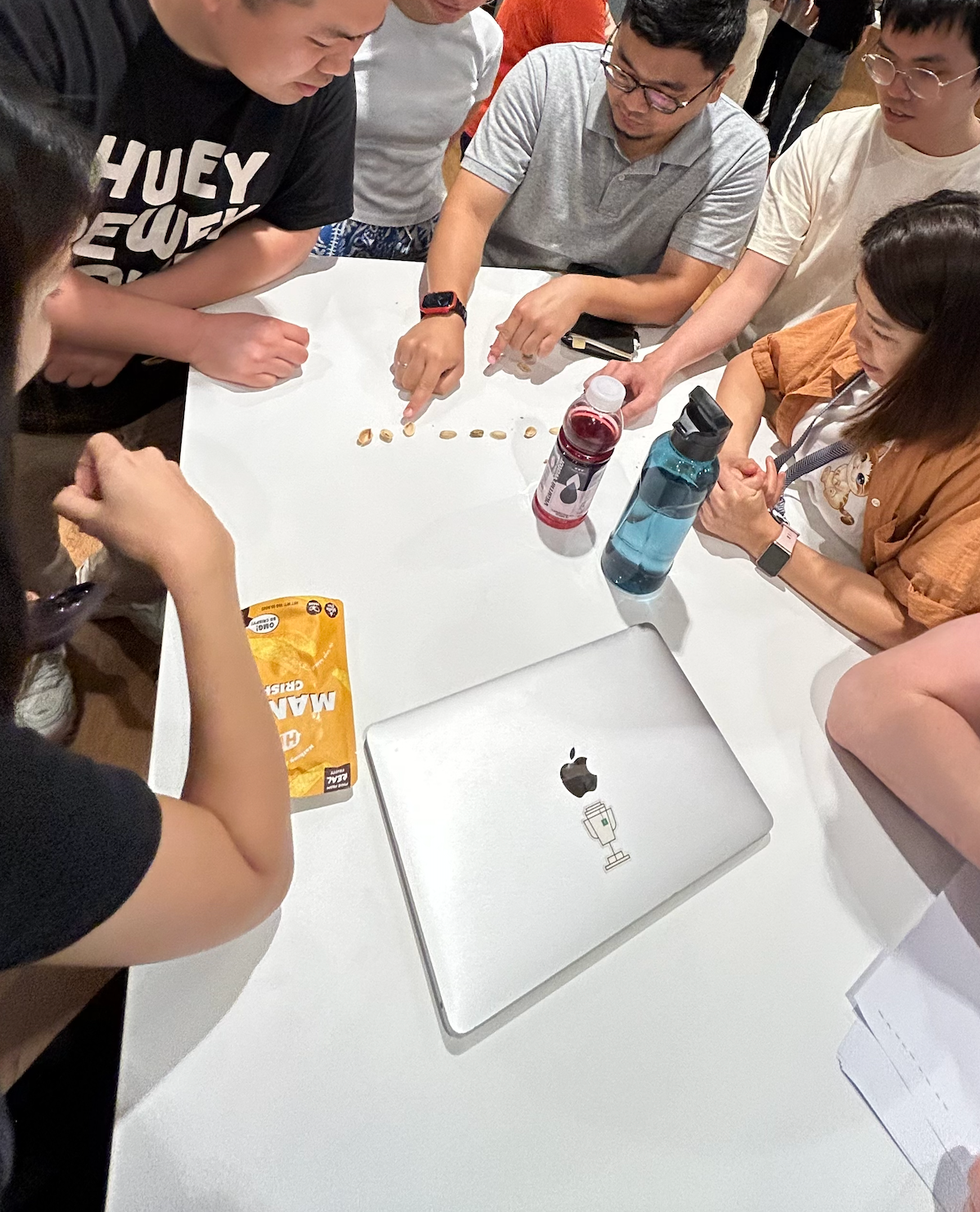
Since I began writing regular self-reflections, I’ve found myself thinking more often about what lessons I can take away from each experience.
While this can be valuable, it can also become stressful when I feel pressured to find meaning in everything I do. At times, I become so focused on seeking lessons that I miss out on the present moment, fixating too much on what I might gain from the experience rather than simply living it.
However, there are moments when all that’s needed is to let yourself experience things as they are.
Sometimes, the best thing you can do is immerse yourself in the present and appreciate the simple fact that you’re there, in that moment, with the people around you.
The truth is, no moment ever repeats itself. You are only there, in that exact instance, once in your lifetime.
So, the wisest thing to do is to enjoy it while it lasts.
I believe this trip will be my last international journey of the year, and I’ve returned to Tokyo feeling more motivated and with a clearer sense of direction, both personally and professionally.
Hope the past few weeks have been just as rewarding for you.
Catch you next week!